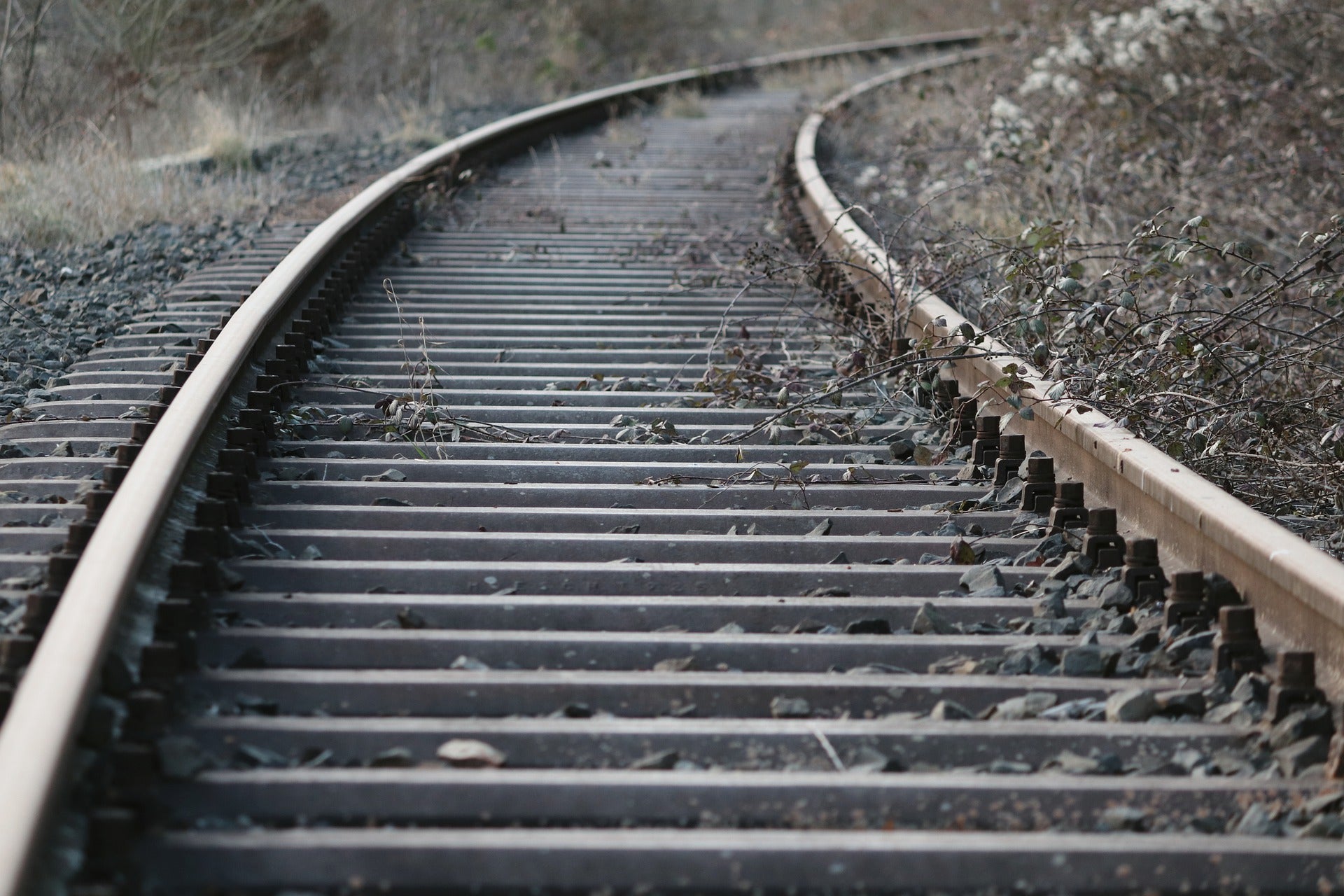
Singapore’s Land Transport Authority (LTA) has awarded two civil contracts with a combined value of $392.51m (S$526m) for the construction of four Jurong Region Line (JRL) stations and associated viaducts.
The first contract was won by a joint venture (JV) of China Civil Engineering Construction (Singapore Branch) (CCECC) and SCB Building Construction.
It involves the design and construction of two stations near the Jurong Town Corporation (JTC) industrial area. The JV will also be responsible for the construction of a 1.1km viaduct between the two stations along Jurong Pier Road.
LTA awarded the second contract to local company Hwa Seng Builder. The scope of works includes the design and construction of two stations, as well as a 1.4km viaduct between the two stations near Nanyang Technological University (NTU).
The construction works are expected to start in the second quarter of this year and be complete by 2029.
The JRL is an under-construction elevated Mass Rapid Transit (MRT) line conceived to improve connectivity in the western part of Singapore.
How well do you really know your competitors?
Access the most comprehensive Company Profiles on the market, powered by GlobalData. Save hours of research. Gain competitive edge.

Thank you!
Your download email will arrive shortly
Not ready to buy yet? Download a free sample
We are confident about the unique quality of our Company Profiles. However, we want you to make the most beneficial decision for your business, so we offer a free sample that you can download by submitting the below form
By GlobalDataThe line will primarily serve NTU, Jurong Industrial Estate, Jurong Innovation District, Pandan Reservoir and the future Tengah area, which do not have direct connectivity to the rail network.
Last September, Siemens Mobility secured a €135m contract to deliver a railway signalling system for the JRL.
As agreed, Siemens will be implementing a computer-based train control (CBTC) signalling system across the entire JRL track.
LTA has also awarded a contract to procure 62 fully automated and driverless car trains for the line. The first train is expected to be delivered around mid-2024.



